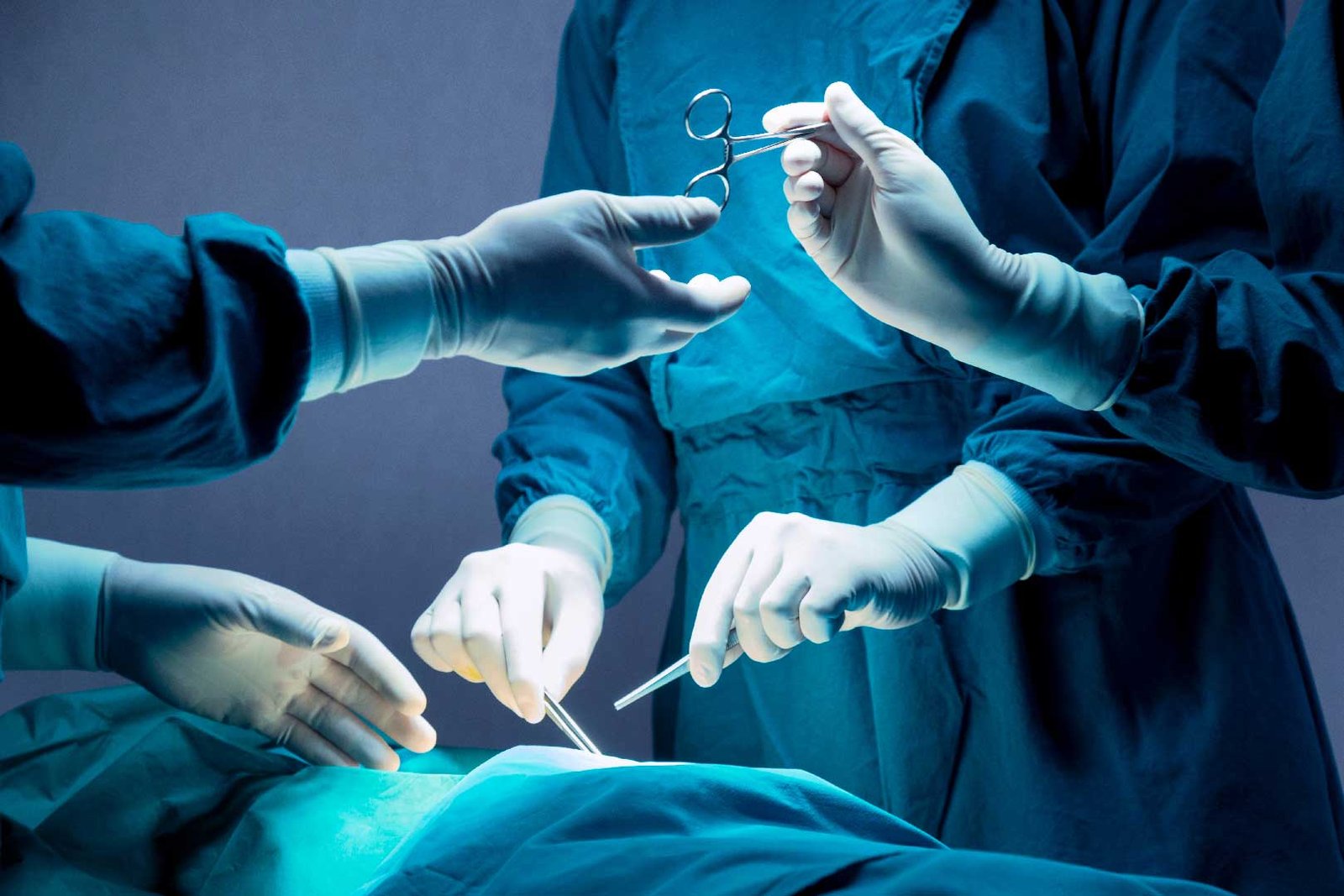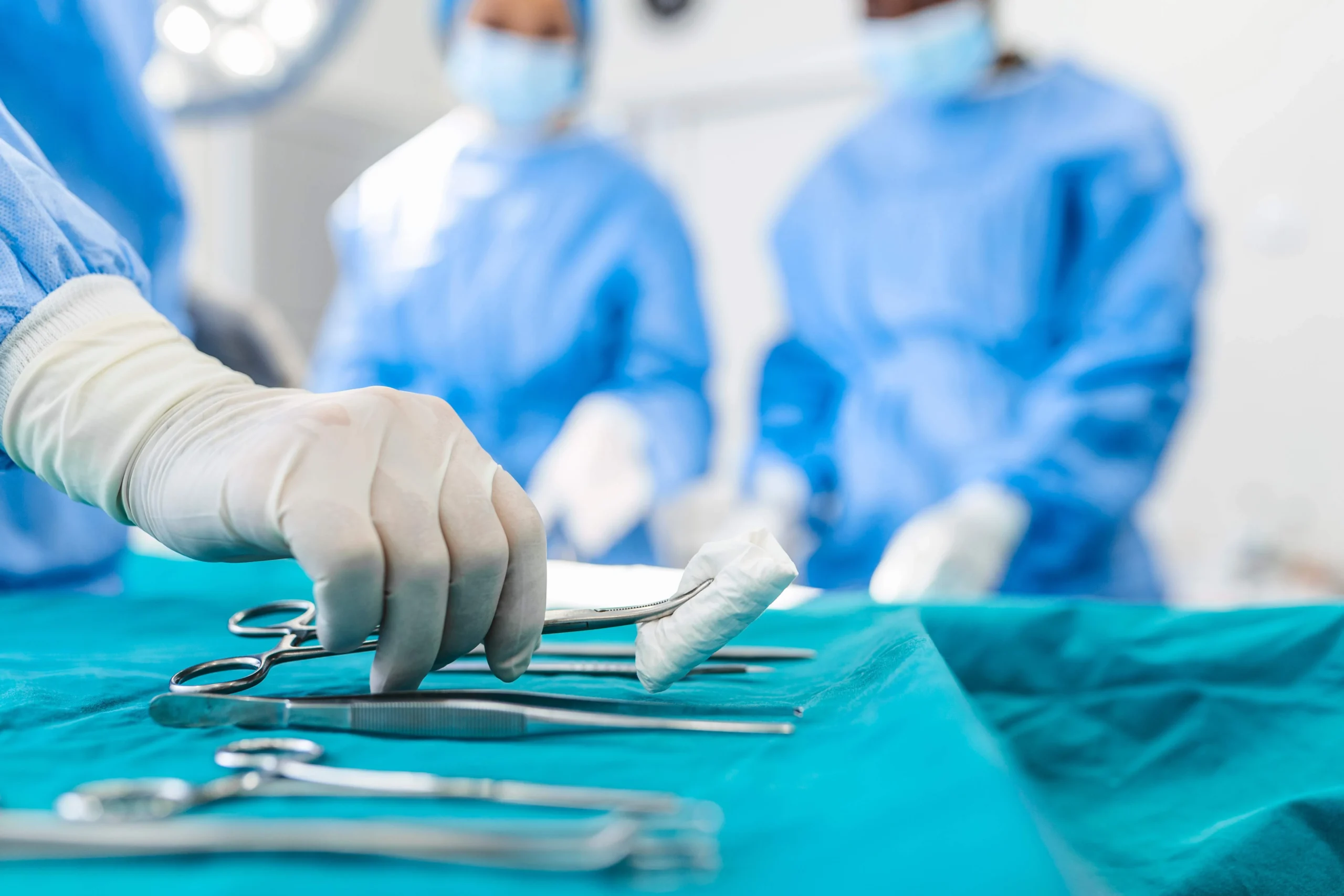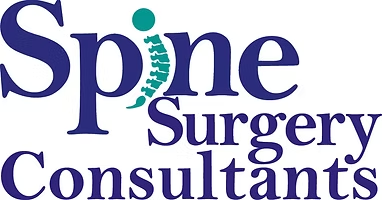Back & Spine Health
Welcome to our complete guide on spine and surgical care—covering back and neck pain, scoliosis, and everything you need to know before and after surgery.


Low Back Pain
Lower back pain affects up to 80% of people at some point. Most cases are mechanical — caused by muscles, joints, discs, or ligaments — and improve within weeks with rest, painkillers, exercise, stopping smoking, and weight loss.
However, serious causes like infections, tumours, or fractures are rare. Watch for Red Flag Symptoms like pain that worsens, pain at night, spinal tenderness, or symptoms that don’t improve.
Cauda Equina Syndrome (Spinal Emergency)
Neck Pain & Spinal Deformity (Scoliosis)
Seek urgent help if you experience:
Numbness around the anus or back passage
Difficulty controlling your bladder or bowels
Delaying care can cause permanent damage. MRI confirms diagnosis. Surgery within 48 hours offers the best chance of recovery.
Neck pain is usually due to poor posture, overuse, or minor injury. It often gets better on its own, but if pain lasts over a week or comes with other symptoms, see your doctor.
Scoliosis is a spine curve, often spotted in children. Signs include uneven shoulders, ribs, hips, or waist. An X-ray confirms diagnosis. Mild scoliosis is often painless.
Before Surgery
Yes, you may need to stop blood thinners (like aspirin or warfarin) and anti-inflammatory meds 5–7 days before. Always check with your doctor.
No food or drink (including gum or milk) for 6 hours before surgery. Clear fluids like water or black tea may be allowed until 2 hours before.
Let us know straight away. Illness or infections can delay your surgery for safety reasons.
During Surgery
Yes. They’ll explain your options and help you choose the safest anaesthesia for your procedure.
You’ll need someone to collect you after surgery. Visitors usually aren’t allowed in recovery to respect all patients’ privacy.
The length of surgery depends on the procedure, but most operations are completed within 1–3 hours. Your care team will let you know what to expect on the day.
After Surgery
Some discomfort is normal. Painkillers help reduce pain and speed up recovery.
Walk early, wear your TED stockings, drink fluids, and follow any breathing or leg exercises given.
Only if prescribed. Finish the full course to avoid infection and resistance.
Professionalism and Precision.
Your safety is our priority — explore everything you need to know before, during, and after surgery.


